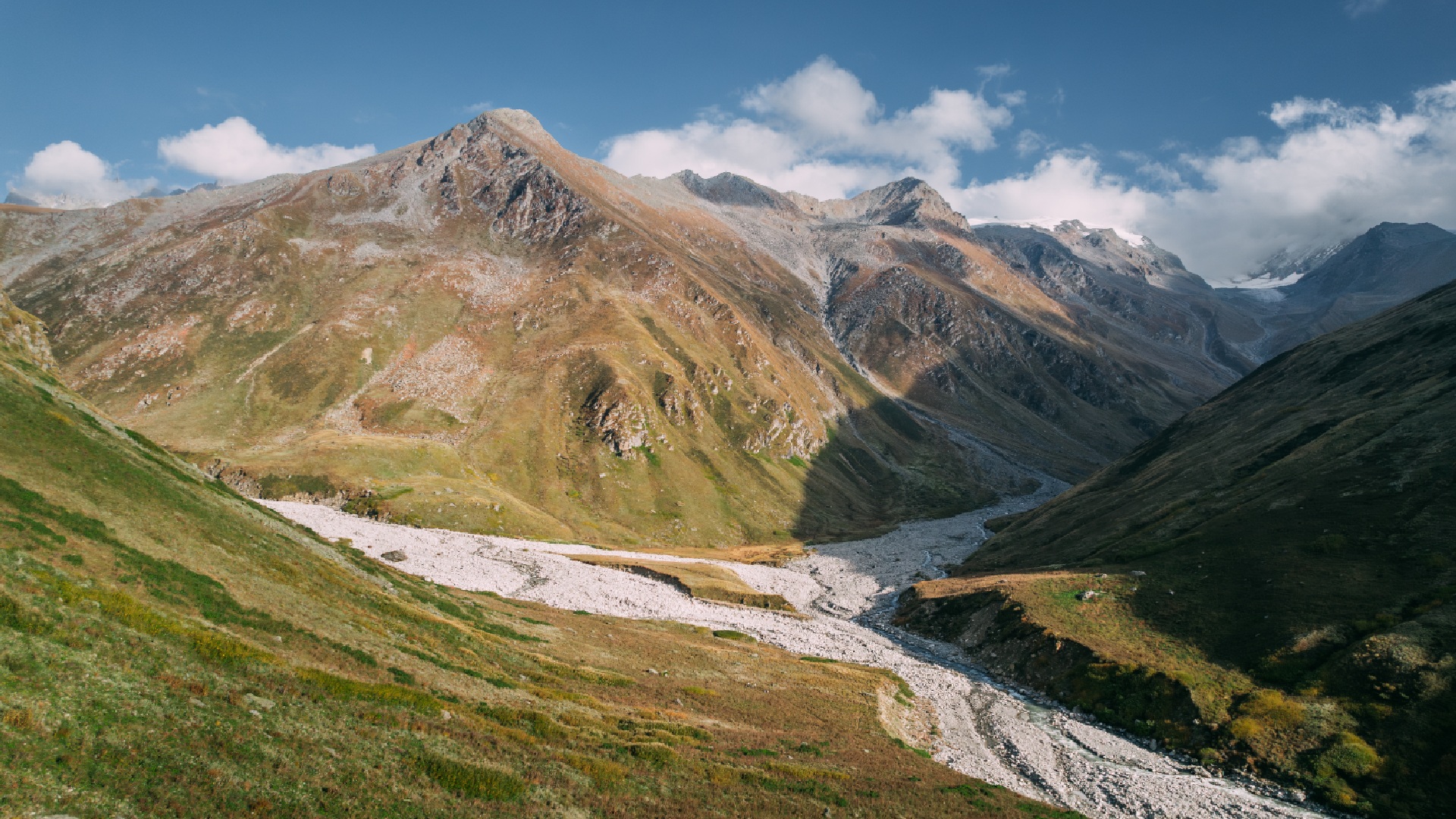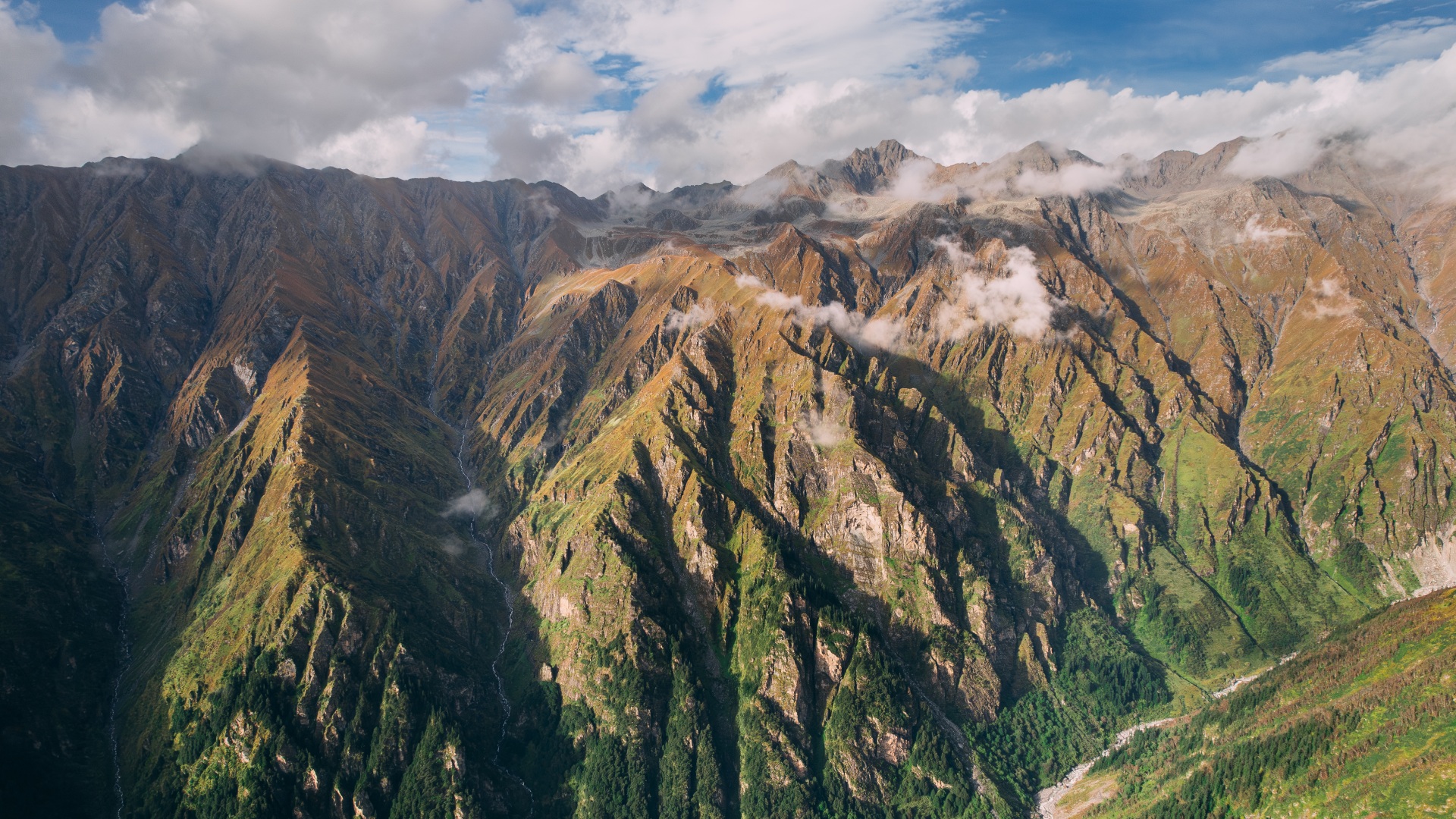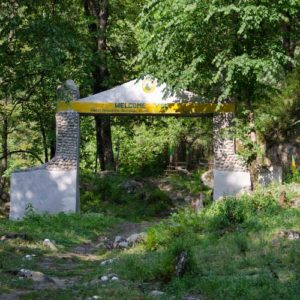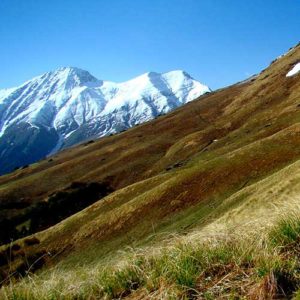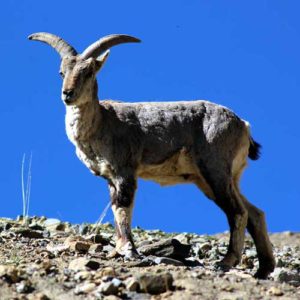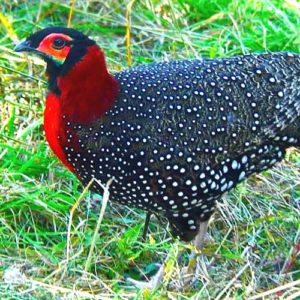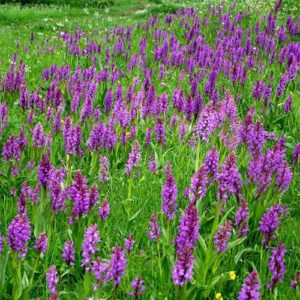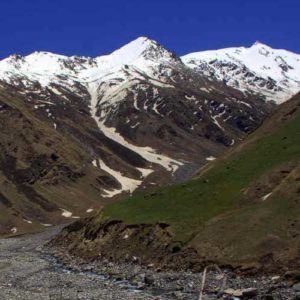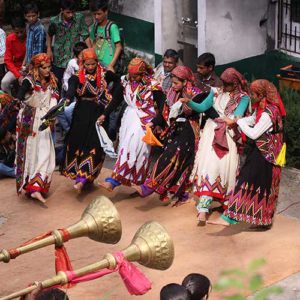
Great Himalayan National Park
Great Himalayan National Park was constituted in 1984 and was formally notified as a national park in 1999. It is located in Banjaar Sub-Division of Kullu District of Himachal Pradesh, India, in the far Western Himalayas. GHNP is one of the most recent additions to a huge network of wildlife reserves found in Himalayan region in India and adjoining countries.

Himachal Pradesh is well known for its thick forest cover and lush green hills. State’s forests house about 7.32% (3,295 species) out of 45,000 that are found in the country. More than 95% are endemic to Himachal Pradesh and characteristic of Western Himalayan flora, remaining are exotic and introduced over the last 150 years.

Coined from Sanskrit terms ‘Him’ and ‘Anchal’, Himachal truly is a snow laden paradise. It is among the top tourist destinations in the country for both, domestic as well as international travellers. Himachal Pradesh covers 55,673 Km sq of area of Western Himalayas and is known for its natural environment, hill stations and rich cultural history.

A UNESCO World Heritage Site
GHNP was awarded UNESCO World Heritage Site status in 2014, in recognition of its outstanding significance for biodiversity conservation. The park protects over 1,000 plant species, including many medicinal herbs, 31 mammal species and 209 bird species, as well as amphibians, reptiles and insects. Four of GHNP’s mammal species and three of its bird species are globally threatened, including the musk deer and the western horned tragopan.
-
Tirthan Valley
The Valley is named after a sacred water spring called “Tirth” which originates at Hanskund Peak (4800m) and flows down, through deep forested areas. The feeder channel to Tirthan River is fed by deposits of ice, almost all round the year.
-
Jiwa Nal Valley
This Valley nestles along the Jiwa Nal River and lies next to Sainj Valley. The source of the river, a small pond, Sartoo, is fed by glacial and snowmelt water. The river flows Westward to the village of Siund, where it joins the River Beas. Trekking in Jiwa Nal Valley begins at Siund, around 35kms from Aut. Jiwa Nal – Parvati Valley trek is a difficult one and only recommended for those whit prior experience.
-
Parvati Valley
The Parvati Valley rises Eastwards from the confluence of the Parvati and Beas Rivers, at Bhuntar in Kullu District and goes up to 5000m of height above sea level in Great Himalayan Range. Several tributaries in the Valley feed the main Parvati River. Numerous waterfalls are observed cascading down the steep valley sides.
-
Sainj Valley
The V-shaped Sainj Valley rises from the lower ranges of the main Himalaya to the east of Kullu. The Sainj River flows past a series of interlocking spurs and widens as it travels southwest to join the River Beas at the small village of Larji. The Valley is around 90 sq. kms in area and is designated a wildlife sanctuary encompassing the villages of Shakti and Maror. Both the villages lie outside GHNP’s boundaries.
Valleys Of GHNP
Great Himalayan National Park is spread across four valleys, each of which offers wide variety of endemic and exotic flora and fauna. Himalaya is known to be a home to 10% of world’s and 50% of India’s endemic plant species. Travellers can embark on various treks in the region that are suitable for amateurs as well as experts.
“Of the immovable things
I am the mighty Himalayas”.
The Bhagavad GitaTenth Discourse; Shloka 2.5
The Four Corner Stones
GHNP is always working towards conserving, protecting, respecting and celebrating nature.
Latest Updates
Recent Developments and Announcements
Latest Notice & Circulars
View All- ● Quotation Notice
- ● GHNP Premier League 2025
- ● Ticket Counter Auction Notice
- ● Closing some selected areas of GHNP for Tourist/Trekkers/Visitors
- ● Photography Competition
- ● Auction Notice
- ● Vishav Dharohar Utsav 2024
- ● Recruitment of Zoo Biologist
- ● Monitoring OUVs Technical Report
- ● Sacred Trees of the GHNP
- ● Quotation Notice
- ● GHNP Premier League 2025
- ● Ticket Counter Auction Notice
- ● Closing some selected areas of GHNP for Tourist/Trekkers/Visitors
- ● Photography Competition
- ● Auction Notice
- ● Vishav Dharohar Utsav 2024
- ● Recruitment of Zoo Biologist
- ● Monitoring OUVs Technical Report
- ● Sacred Trees of the GHNP
Latest Posts/ Press
View All| Date | Links |
|---|---|
| 16-04-2018 | No road link a blessing for Great Himalayan National Park |
| 16-02-2018 | Tender Update: Procurement of battery operated vehicle GHNP |
| 11-12-2017 | Snow leopard spotted in Kullu national park |
| 11-12-2017 | Snow drives animals to lower altitude, poachers train guns |
| 04-12-2017 | Rare species of musk deer spotted in GHNP, Kullu |
| 03-08-2017 | Eradication of Parthenium weed campaign, held in District Kullu |




